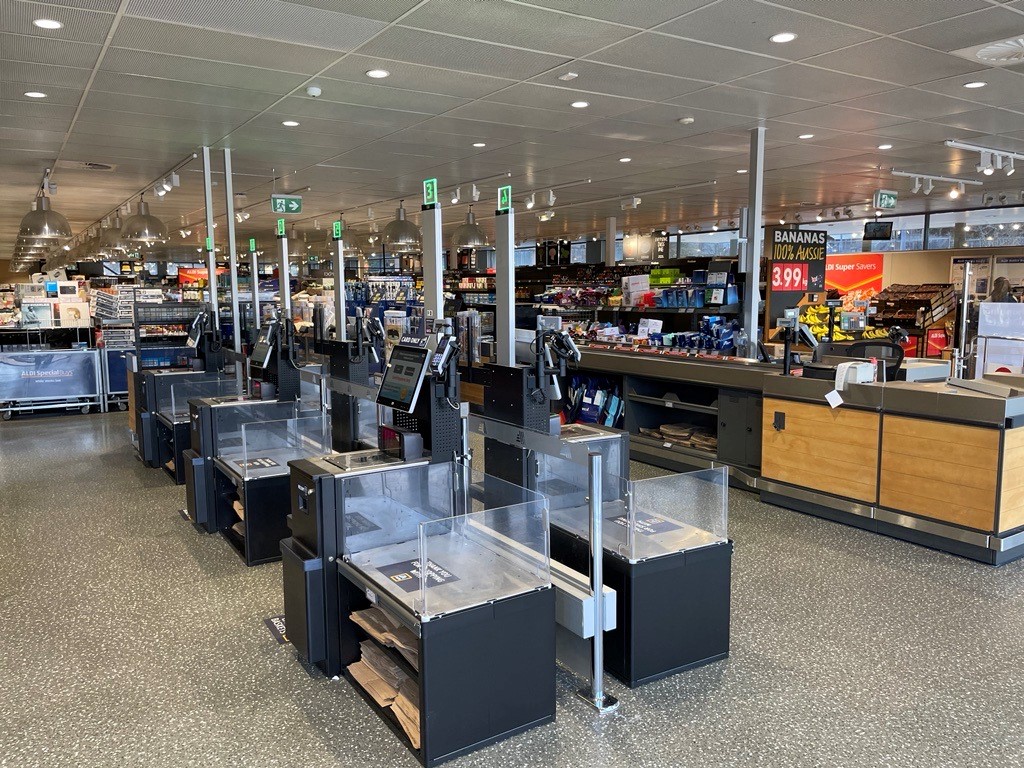When ALDI entered the market in 2001, we introduced a new business model for selling groceries, which included a then unconventional commitment to never offering single use plastic bags in any of our stores. The estimated impact of this decision is the diversion of six billion single-use plastic bags, or 40,000 tonnes of plastic, from entering the environment.
We know that as a major Australian retailer, we have a far-reaching influence and can positively affect the wider community through our actions. Today at an event for our business partners we made some commitments to reduce waste and move towards more sustainable packaging solutions. These commitments follow many existing actions to reduce our environmental impact, including being the first and only supermarket to offer a national battery-recycling scheme, the first supermarket to eliminate phosphate from our entire laundry range, and the first to eliminate microbeads storewide. But there is more work to be done.
More than 40 years after the launch of the first universal recycling symbol, only 14% of plastic packaging is collected for recycling globally. Each year, USD 80-120 billion plastic packaging material value is lost to the economy. Given projected growth in production, in a business-as-usual scenario, by 2050 oceans could contain more plastics than fish*.
While it is important to recognise our achievements to date, it is more important to look forward and decide how we can shape the future today. Our silence on the issue of plastics has not been due to inaction, in fact the story is quite the opposite.
As an active member to the Australian Packaging Covenant Organisation (APCO), we have been working within our business and together with our business partners for many years to identify the best ways to reduce our reliance on plastics. Today, we are communicating the outcome of that work.
Despite our desire, and that of our customers, to remove plastics immediately, the process will take years not weeks. We recognise the need for collaboration with our business partners, NGOs, the waste sector and government to innovate, collaborate and rethink how we produce, use and recover plastics.
There is growing recognition that we all must move away from the take-make-dispose model to build a circular economy where we use less plastic and ensure the plastic we do use can be reused, recycled or composted. Our goal is to reduce our reliance on plastic packaging by 25% by 2025. With transparency in mind, we will publicly report against these goals from 2020.
When it comes to products and ranges, the packaging of our exclusive brands will aim to reformulate to be 100% recyclable, reusable or compostable by 2025. All paper and pulp-based packaging in our everyday range will also be will either be FSC, PEFC or 70% recycled by 2020.
We also plan to actively transition fresh produce packaging to more sustainable alternatives, provided no increase in food waste. By the end of next year, customers will not find single-use plastics such as plastic straws, plastic disposable tableware and plastic stemmed cotton buds in ALDI Australia stores.
We will also work to stimulate an Australian circular economy by committing to include 30% recycled materials in our plastic packaging by the end of 2025.
We appreciate that for us to meet these goals there is a heavy reliance on our business partners to also make changes in their production. We acknowledge the pressures these commitments will place on their businesses and we will actively resource our team to support the transition. Our supplier relationships are true partnerships and we intend to carry out and make changes with them to ensure we lead our businesses into a sustainable future.
*The New Plastics Economy, Ellen MacArther Foundation, 2017





